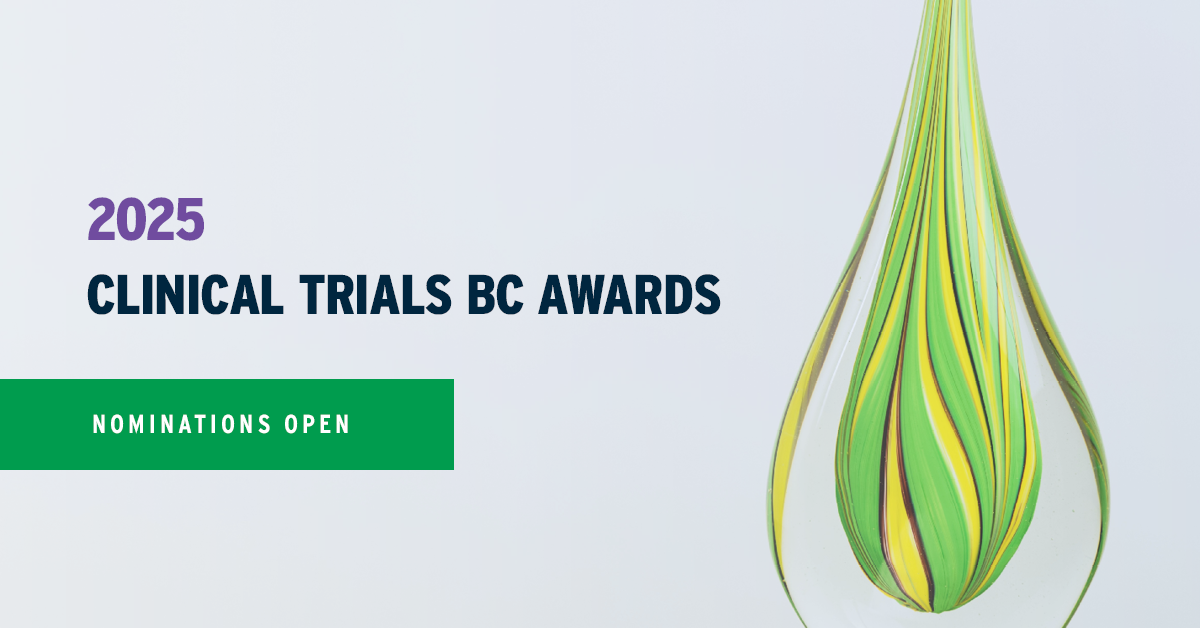ASK JEAN Column: direct access to source data and documents
17 January 2023

Question: Do investigators and institutions have to provide direct access to source data and documents related to a clinical trial monitoring, REB review, audits, and regulatory inspection?
Answer: Yes
Upon request of a monitor, auditor, REB, or regulatory authority, the investigator/institution should make available for direct access to all requested trial-related records. It should be specifically written in the protocol or other written agreement that the investigator(s)/institution(s) provide direct access to source data/documents for trial-related monitoring, audits, REB review, and regulatory inspection. Verifying that source documents and other trial records are accurate, complete, kept up-to-date and maintained is an important aspect of quality assurance and compliance. This is a requirement of International Council for Harmonization (ICH) E6(R2) Good Clinical Practice (GCP) with references found in 4.97, 5.15.1 and 5.18.4 k) and which are imbedded into the Canadian Regulations. Direct access requirement is made clear in Health Canada’s Guidance 0100, an interpretation of the Division 5 Regulations.
‘As part of a quality system, a sponsor is also responsible for securing an agreement from all involved parties to ensure direct access (see ICH E6, 1.21) to all trial related sites, source data/documents, and reports for the purpose of monitoring and auditing by the sponsor themselves, and inspection by regulatory authorities, both domestic and foreign’ – Health Canada Guidance 0100 Section C.05.010(c)
This are also more specific and defined Canadian requirements. Health Canada has several Policies that that were issued in March of 2021 by the Regulatory Operations Enforcement Branch (ROEB), more commonly known as the ‘Inspectorate’, that are specific on this topic, and which refer directly to the Acts. Remote access includes Electronic Medical Record (EMR) access. Health Canada inspectors want to ‘hold the mouse’ and navigate the records. An inspector may access a computer system or a telecommunication system on their own to confirm compliance or prevent non-compliance with the Act and regulations.

Examples of systems/applications that an inspector may require access to include:
- A laboratory information management system (LIMS)
- Audit trails to analytical instrumentation, such as High-Performance Liquid Chromatography (HPLC) or Liquid Chromatography-mass spectrometry (LC-MS/MS) systems
- Electronic case report forms (eCRFs)
- Electronic databases and electronic medical records (EMRs)
- Building automation systems (BAS)
- Document management systems
- Complaint management systems
- Training management systems
- Manufacturing equipment systems
- Human Machine Interfaces (HMIs)
If the system is complex and a EMR training program is not available, an inspector may ask a person from the regulated party (site, institution/organization) to be present and to assist with the navigation of the system.
Several large institutions in Canada have already implemented the training and formal processes for the granting of temporary system access to inspectors, monitors, and auditors. Institutions Role-based access controls to computerized system for ‘read only’ access to the records, permit the required verification for compliance to the Act and Regulations by inspectors and auditors and allow the necessary source verification by monitors.
References and links:
Health Canada, Policy on collection and retention of records related to health product compliance and enforcement (POL-0140) – Canada.ca March 2021. (Check section 6.2 – 6.4 with references to the Act).
Health Canada, Policy on accessing the premises of a regulated party remotely to verify compliance (POL-0138) – Canada.ca March 2021.
International Council for Harmonization, 2016. Integrated Addendum to ICH E6(R1): Guideline for Good Clinical Practice E6(R2).
Learn more about Clinical Trials BC:





